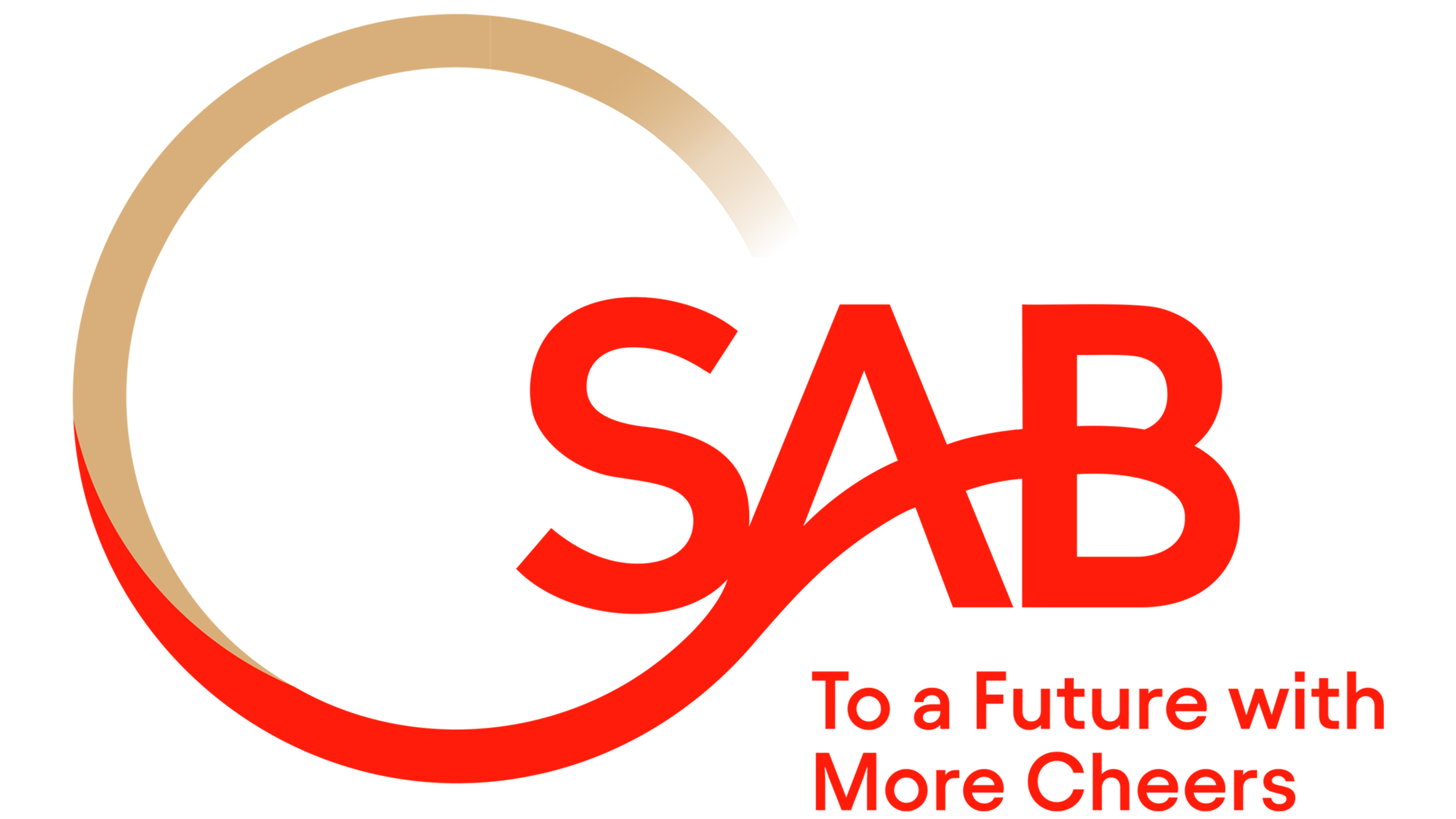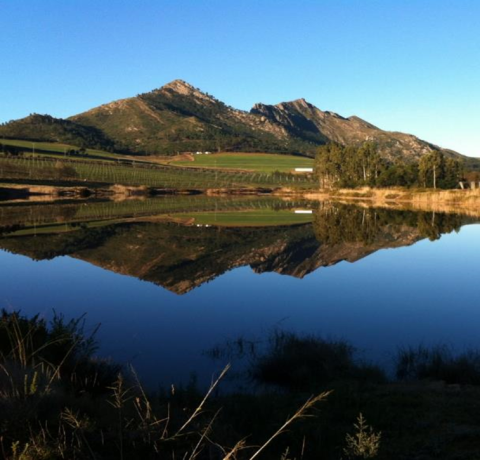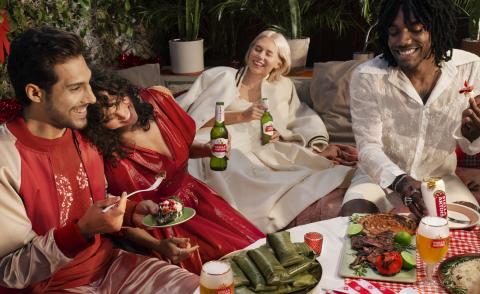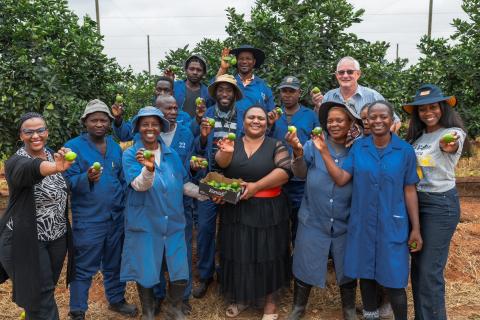
26 year old entrepreneur Mbekezeli Khumalo graduated with a BSc in Quantity Surveying from Wits University and has been involved with the Richard Branson Centre for Entrepreneurship. He started on the journey to his dream thanks to funding from SABKickstart. Here he reflects on the meaning of Youth Day.
To me, Youth Day is a reminder of how much potential our youth have. June 16 1976 was the collective consciousness of kids in school uniform. Their actions were a watershed moment in South African history. Those kids were able to mobilize and act without the use of cellphones or the internet. Imagine what our youth can do with all these resources, with all this freedom.
I’ve used my freedom to become an entrepreneur. I have a technology business that develops e-learning solutions for learning institutions and businesses, and SABKickstart helped me turn that dream into a reality. We’re also passionate about innovating in areas that affect society. This was the reason why we developed a concept to combat rhino poaching, using technology. Our idea was chosen as one of the top 20 most innovative ideas in the world. We were pleasantly surprised and humbled by the recognition.
The Thursday morning in 2010 when I registered my business was a big day for me. I remember how worried I was about making my way around Pretoria and finding the DTI offices before the long lines started forming. When I got there, I saw dozens of people; young women, kids in school uniform and quite a few elderly men and women. I remember standing in that line and realizing that all these people; black, white, young and old had the same thing in common; they were all entrepreneurs that had decided to take the next step, to commit to the dream. On that Thursday morning, the colour of my skin meant nothing, what mattered was whether or not I had filled out the forms correctly, this was the same for everyone else in my line.
Freedom is a state of mind. Apartheid was restrictive; it was a reality of prohibitions. I still can’t believe my father endured all that “Where is your dompas, what are you doing here? Who do you work for?” I’m so glad I’m not in that situation. All the decisions I make are rooted on the question “Why do I want to do this” as opposed to “Am I allowed to do this?” that’s freedom.
I want South Africa to have new problems, different problems. I want the Africa Fela Kuti speaks of in “Africa the centre of the world”. To reach this version of South Africa, we first have to heal. We have to redress and then we have to build. The process of building will need all of us to do our bit and to realize that the solution isn’t higher walls with electric fencing.
The youth of today remind me of what happened the first time someone lent me a car for the weekend. Before I was given the car, I had all these ideas of what I would do, where I would go. Sure enough, the Friday afternoon was great; I was driving to my friends’ homes, playing music loud with my right arm out the window. As the weekend continued, I ran out of things to do, places to go. I had no idea what to do next. Our youth is in a similar situation; they have all this freedom, but have no idea how to use it. In their defence, it’s unfair to expect self-awareness and total self-understanding from a 15 year old.
I think we’re trying to turn the youth into newer versions of us, instead of helping them be the best versions of themselves.



